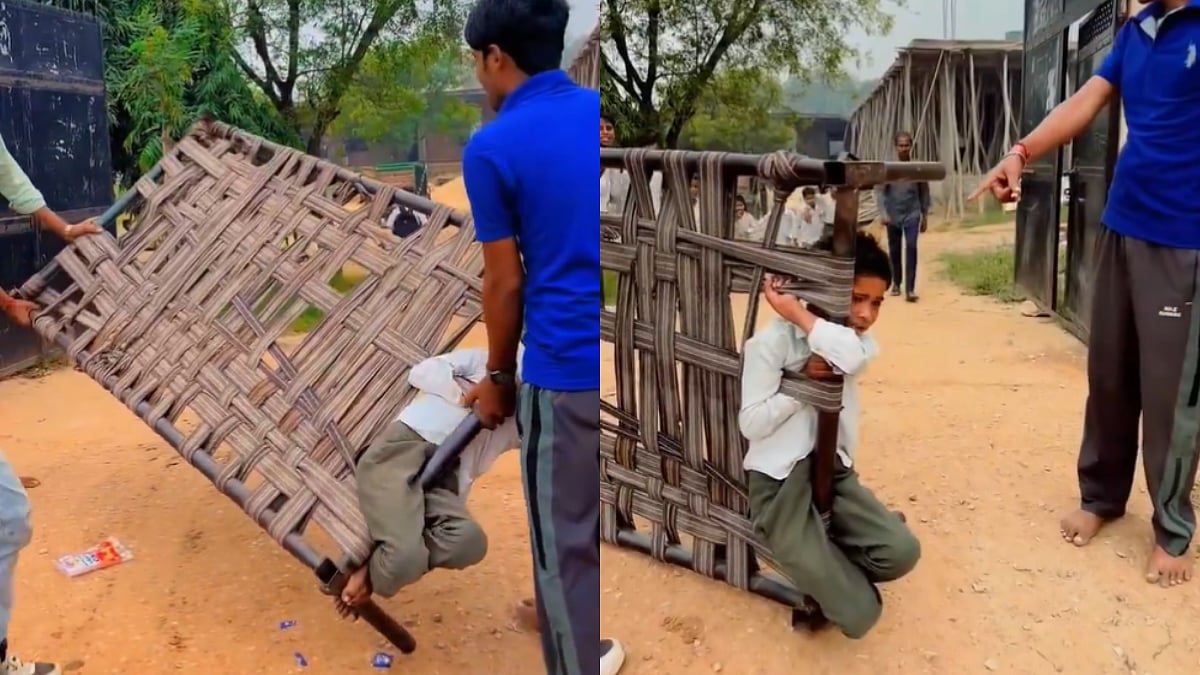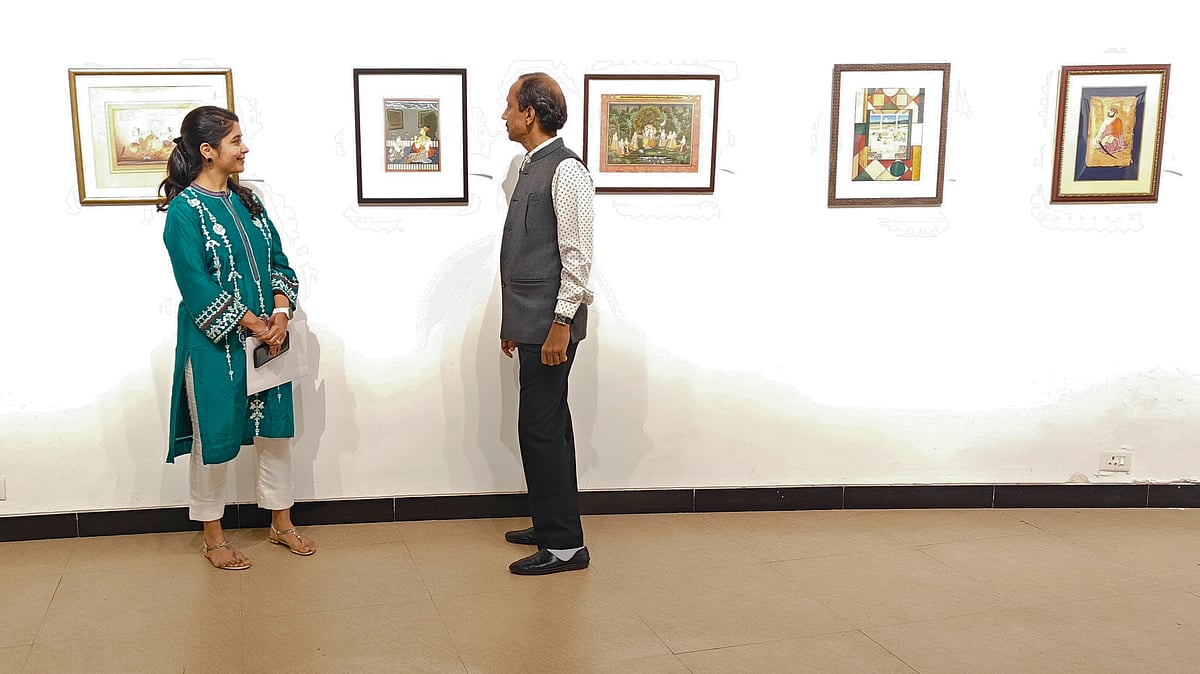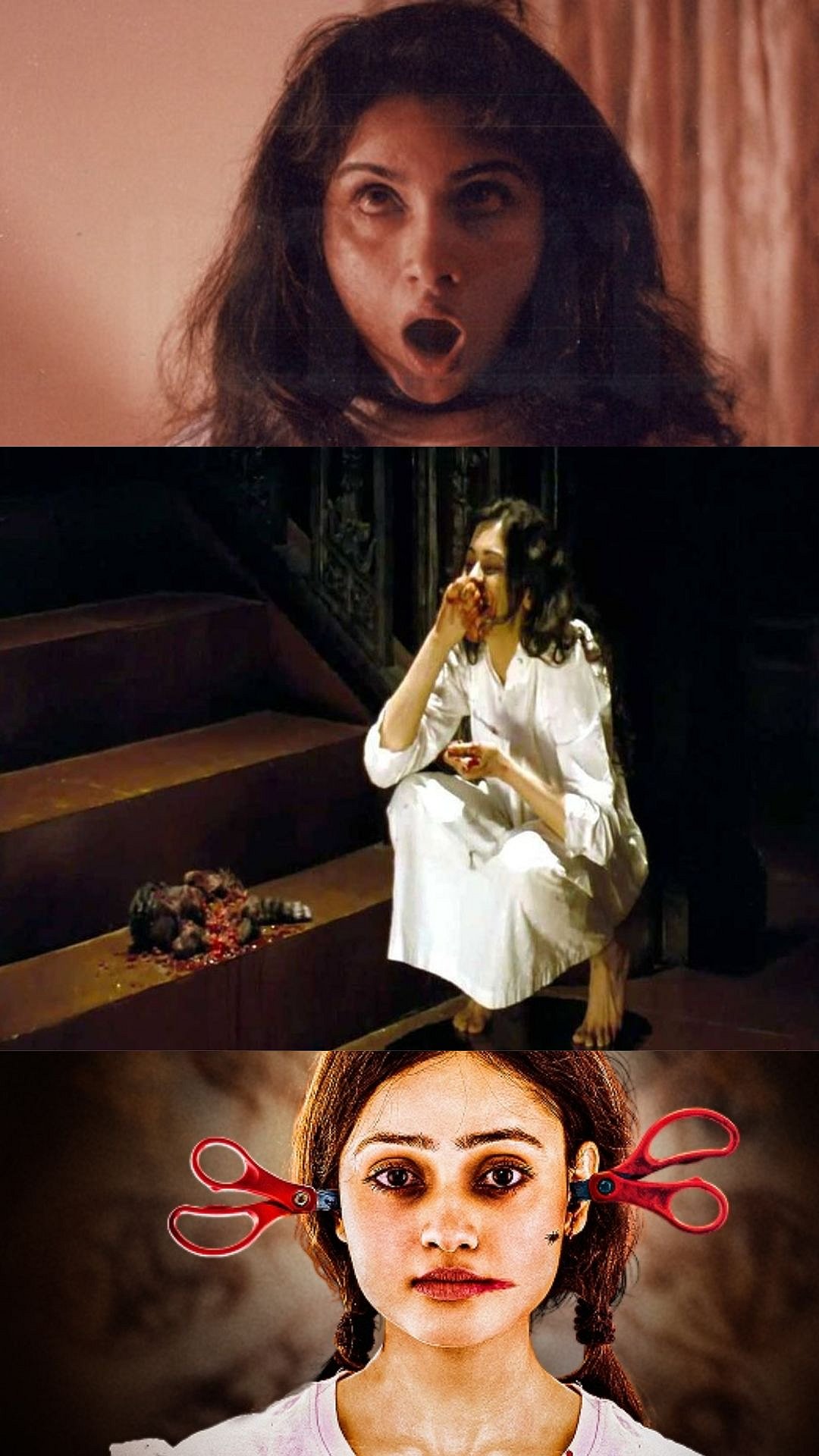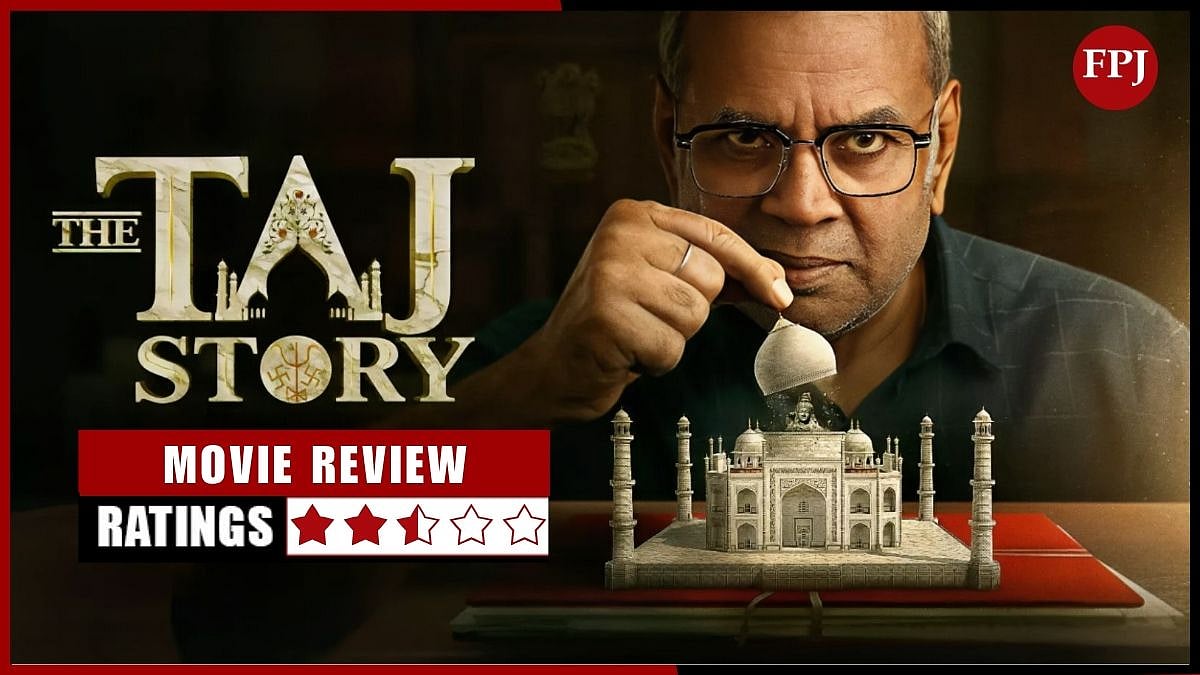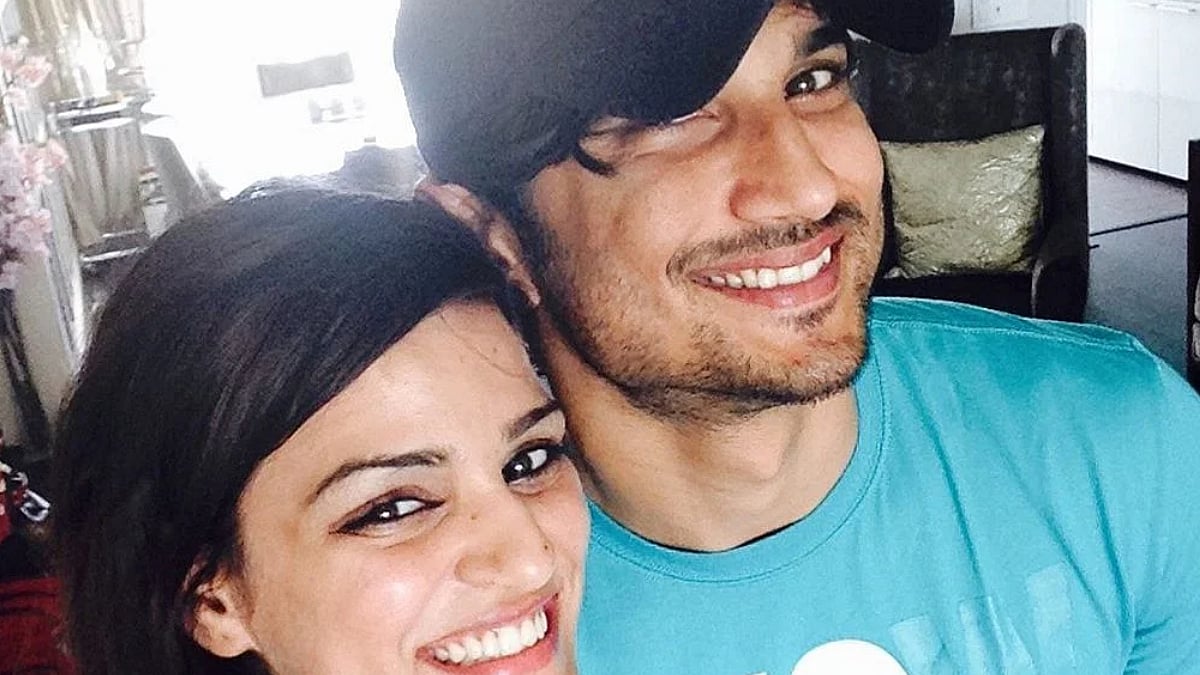If this new and exciting world of content-driven Hindi cinema and OTT content is today looking beyond and posing a serious threat to the starstruck Bollywood, one man who has been among the changemakers is casting director Mukesh Chhabra, who turned director this year with the Sushant Singh Rajput starrer Dil Bechara.
Chhabra, who set up his own casting company in 2008, was the man behind the casting of movies like Kai Po Che that saw Bollywood debut of Sushant Singh Rajput and Rajkummar Rao, and the cult classic, Gangs of Wasseypur, a film that brought some of the biggest talents of today’s cinema like Nawazuddin Siddiqui, Pankaj Tripathi, Jaideep Ahlawat and Vineet Kumar Singh under spotlight, not to forget the stellar casting of the Dangal girls. More recently, his ensemble casting for the Netflix’s International Emmy-winning series Delhi Crime is in the news. The acting diploma holder from the Shri Ram Centre for Performing Arts, Delhi, started off with casting minor characters for Rakeysh Omprakash Mehra’s 2006 film Rang De Basanti while the director was shooting in Delhi. But, soon, Chhabra landed in Mumbai and got a casting job for the Rishi Kapoor-starrer Chintuji. It was a time when Bollywood was yet to warm up to the idea of a casting director, and ADs would get the job done. It was with the likes of Chhabra that the casting process started to become more streamlined, auditions got a more professional makeover, and most importantly, film casting became a legit, specialised job. Excerpts from an interview:
How was it casting for Delhi Crime?
Casting for Delhi Crime was quite an experience. It was based on a real-life incident. It was also disturbing and heartbreaking for us, so we had to make sure that we handle everything with utmost sensitivity. We had to also make sure we cast actors who resemble real-life people who actually went through this horrific incident.
You did a formal acting course and have been seen in bit roles. How did you become a casting director and how would you rate yourself as an actor?
I entirely work by instinct. So whenever I am look for an actor who fits best in the given role/character, I go back to my theater knowledge and experience and just follow my gut. I have done a lot of theater while I was in NSD, but then my interest inclined towards casting. When I started working as an assistant director in films, my job was to do local casting as there was no designated department for a casting director. Later, one of my mentors suggested that I take up casting as a full-fledged profession as I had a keen eye and flair for the craft. I took up a few projects here and there and then there was no looking back. As for rating myself as an actor, I am not a good one. I do it for fun!
You have now opened office in other parts of India as well. How do you standardise the process?
I always wanted to open offices in different parts of the country as I always felt that India is filled with a lot of talented people. So, now instead of them coming to Mumbai and struggling, we are in their city to fulfill their dreams. There is no standard process to casting. My assistants keep going to the offices and guide the people working there. I too take an active part in conducting workshops and interacting with actors from different states.
You are still very much a part of the theatre world, you also organise an annual fest. What keeps you so attached to it?
I started with theater and learnt a lot during my time in NSD and TIE (Theater In Education). I strongly believe that being a part of any theater group helps one in improving their acting skills as well as pick up a few life skills. I believe that theater is where I came from too; hence I will never forget my roots.
What is your take on 'colour blind auditions' and the 'inclusive auditions' that are so much on the rise in Hollywood?
I believe if the script demands an actor from a particular ethnicity or lifestyle it is our job to look for the best suiting person to play the role. I do not think while writing scripts the writer ever thinks of forced inclusivity. Since the world now is accepting and including concepts or relationships that were not talked about in the past, our cinema too is adapting the same. If an actor fits the part and is fantastic at the job, I don’t think anything else matters.

